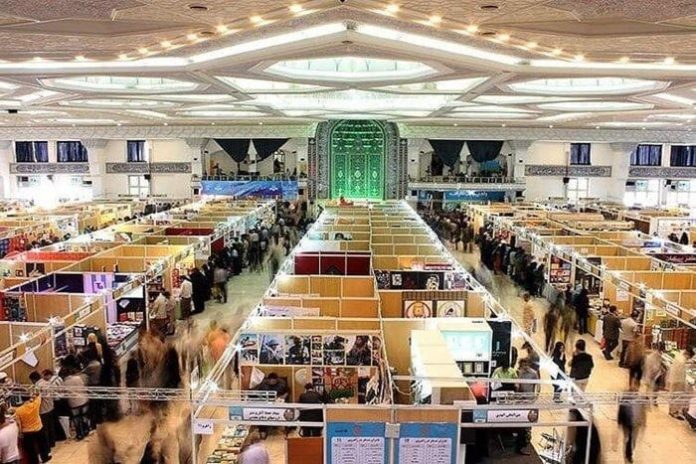30 Apr. 24: With just 10 days remaining until the inauguration of the Tehran International Book Fair (TIBF), Iran’s decision to substitute India with Yemen as the special guest has stirred controversy amidst geopolitical tensions in the region.
Scheduled to commence on May 8 and conclude on May 18, the prestigious cultural event of the Middle East has undergone a significant alteration in its guest lineup. Ali Ramzani, spokesperson for TIBF, attributed India’s absence to ongoing restrictions on Indian citizens in Iran following Operation True Promise, a reference to recent tensions in the region arising from Iranian attacks on Israel and subsequent counterattacks.
Ramzani revealed that India was initially designated as the special guest at the fair through a memorandum of understanding signed between the two countries during the World Book Fair in New Delhi in February this year. However, due to the prevailing circumstances, Yemen has now been designated as the replacement special guest.
The Tehran International Book Fair, in its 35th edition, is renowned as one of the largest cultural events in the Middle East, attracting over 2500 domestic and 600 foreign publishers. Despite India’s absence, Middle East experts question the rationale behind its exclusion, particularly in light of recent de-escalation efforts between Iran and Israel, including a proposed ceasefire in Gaza.
Furthermore, concerns have been raised regarding Yemen’s suitability as a replacement, given its prolonged civil war and lack of significant publication industry. Speculation abounds regarding the underlying reasons for India’s withdrawal, with some attributing it to a joint declaration between Iran and Pakistan concerning the Kashmir issue.
As tensions simmer in the region, the absence of India at the Tehran International Book Fair underscores the complex dynamics at play, with implications extending beyond the realm of cultural exchange to geopolitical relations in the Middle East.




